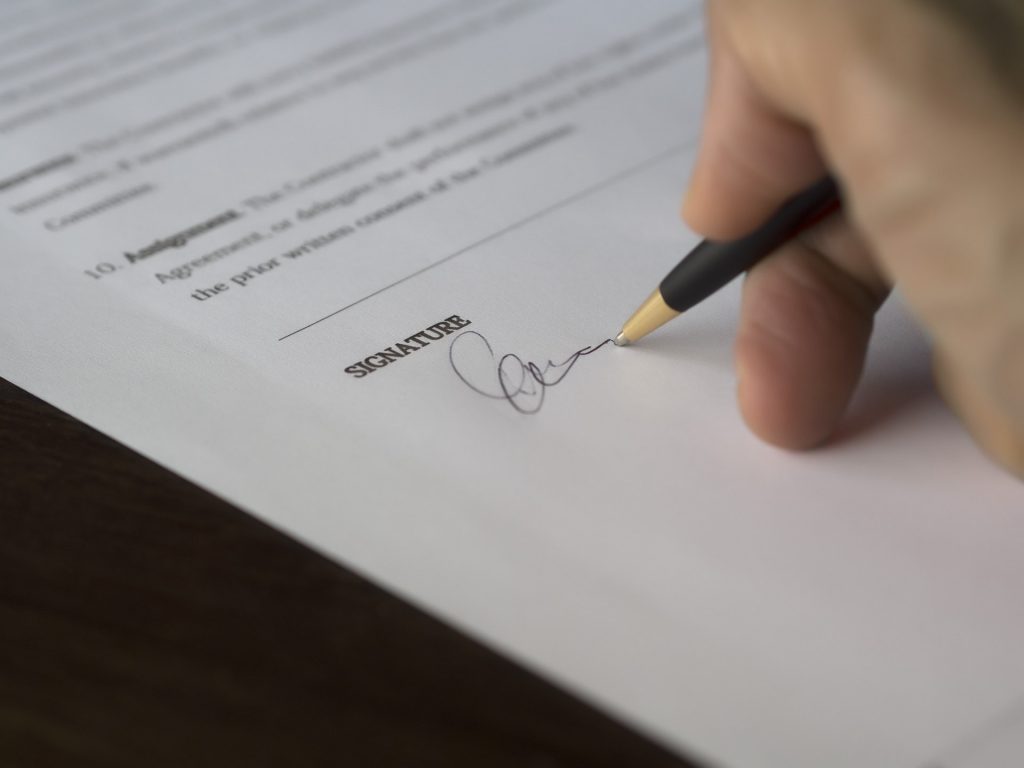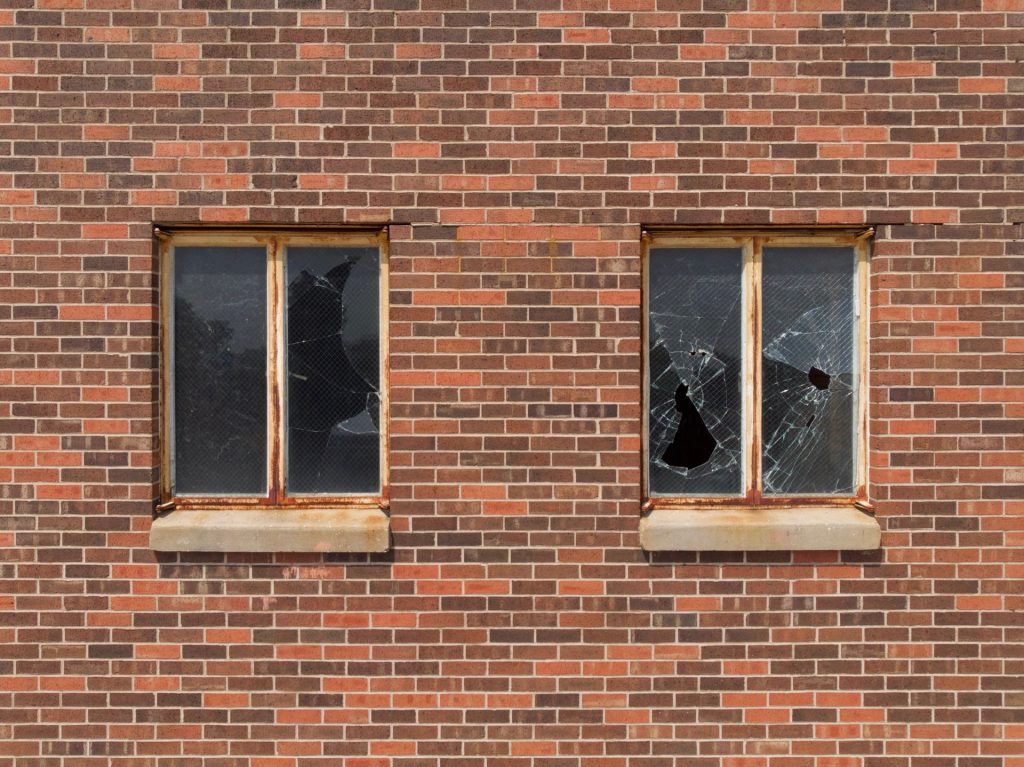 - minute read
- minute read

As a tenant living in a privately rented home, you’re able to benefit from a number of rights. If a dispute arises, then knowing these rights can help ensure you’re able to properly argue your case. If ever in doubt, then these tenant rights should be clearly mapped out in your tenancy agreement. Here, we’ve gone over each of these tenant rights so you know exactly what you’re entitled to.
Your landlord must keep the property safe to live in, while also carrying out any necessary repairs. The majority of repairs and maintenance are classed as a landlord responsibility. Anything that falls under your landlord’s responsibility needs to be done within a reasonable amount of time. ‘Reasonable’ depends on the issue. They might take a little longer to fix a leaky tap than a broken boiler.
Your landlord is responsible for repairs to:
The only repairs you’re responsible for will be mentioned in the tenancy agreement. If you’ve caused any damage and repairs are needed – like broken furniture – then you’ll need to sort it out.
Get in touch with your landlord ASAP if any repairs are needed (or if mould is appearing). Your landlord should then tell you when the repairs will be done.
If repairs aren’t getting done or you don’t think your house is safe to live in, then contact the environmental health department or housing department through your local council. They’ll be able to decide whether your home has any serious health hazards or if the lack of repairs could cause you harm.

Most tenants will pay a deposit before they move in. Your landlord is legally required to put this deposit in a government-approved tenancy deposit protection scheme. Some of the most common choices include Deposit Protection Service and MyDeposits.
You should then get this entire deposit back at the end of your tenancy. Your landlord can only take money off your deposit if they have good reason to do so and need to make you aware of where that money’s going. Some of the most common things that tenants are charged for include leaving communal areas dirty, not cleaning appliances, not maintaining the garden (if that’s their job) and not replacing lightbulbs. If these tasks aren’t carried out when you’ve agreed to take care of them in the tenancy agreement, then your landlord is entitled to take away some of your deposit to deal with these issues.
Otherwise, you should get the entire deposit back.
As a tenant, you have the right to know the name and address of your landlord. If any problems need taking care of, then you should always have someone to contact and let them know of your household issues.
Your tenancy agreement will usually include the landlord’s address and contact details. If it doesn’t, then another way to get this info is by emailing your letting agent and asking them. Once you’ve enquired, they then have 21 days to give you this information in writing. If they don’t reply within 21 days then the council can prosecute the letting agent and fine them for up to £2,500!
If this is taking too long, then a different idea is to ask your local council, as they might be able to confirm your landlord’s name and address.
Though it often can’t be found in a tenancy agreement, landlords are still under an implied obligation to allow tenants ‘quiet enjoyment of the property’. This basically means that the landlord isn’t allowed to interfere with the tenant and their enjoyment of the property.
To make a visit, landlords need to give their tenants at least 24 hours notice. They should also only visit at reasonable times – because nobody likes being woken up early! The only exception to this is if it’s an emergency and immediate access is needed.
Tenants also have the right to refuse their landlord entry if they have a good reason to do so. When this happens, the landlord should then re-arrange the appointment they made.
If you have an assured tenancy, assured shorthold tenancy or protected tenancy (check your tenancy agreement if you’re not sure about this), then your landlord is responsible for your home’s energy efficiency.
All rental properties need to have an E rating or better. So if your property’s energy efficiency rating is worse than this – F or G – then your landlord needs to improve it. Especially if you’re the one paying bills, having a better energy rating will help you pay less for utilities each month.
Your landlord has to provide you with an energy performance certificate if you request it, so don’t be afraid to ask!
If your landlord wants you to leave their property, then they need to follow some fairly strict procedures. They can’t just kick you out. The amount of notice you need and the process your landlord needs to follow depends on the type of rental agreement you have.
Again, if you’re a little confused about what kind of tenancy you’re in, then double-check your tenancy agreement or ask your landlord.
In a week-by-week/month-by-month tenancy, your landlord can’t usually increase rent more than once a year without you agreeing to it. In a fixed-term tenancy, your landlord can only ever increase the rent when you agree to it.
In general, your landlord needs to get your permission to increase rent by more than was previously agreed. Any rent increases also need to be realistic. A good way of measuring this is by looking at the average cost of other rental properties nearby.
Landlords need to give at least one month’s notice to increase rent if you pay weekly or monthly. If you have a yearly tenancy, then six months’ notice is required.
Your tenancy agreement should include how and when rental costs will be reviewed. If it doesn’t, then flag this up with your landlord.
A tenancy agreement itself is something that you should be entitled to as a renter, especially in a fixed-term tenancy that lasts 3 years or more. A tenancy agreement is a contract between you and your landlord that highlights the rights we’ve been talking about in this article (and the rights of your landlord).
Any tenancy-related arrangements that you and your landlord have made will be a part of the tenancy agreement. There shouldn’t be anything in a tenancy agreement that gives you or your landlord more/less statutory rights than the other.
When entering a new tenancy, there are a handful of fees that landlords and letting agents aren’t allowed to make you pay. The only tenancy-related payments you might need to make are:
So if you’re being charged for something that isn’t on this list, then it definitely isn’t lawful and you shouldn’t be getting asked to pay it. You can find government guidance on tenant fees here.
Plenty of what we’ve talked about in this article can be found in your tenancy agreement. This document should be your go-to when it comes to trying to answer any tenancy-related questions you might have. If you don’t have a copy of this, then ask your landlord straight away. There’s no better way of protecting your tenant rights than having everything down in writing, which is why tenancy agreements are so important for tenants and landlords.
Already sorted your house but need to set up bills? We can help with this too – we set up and split utilities for you. Get a free quote for your utilities here.



All your utility bills in one monthly payment, split between housemates
Get a quote


All your utility bills in one monthly payment, split between housemates
Get a quoteFinding his article helpful? We’ve got plenty more helpful articles on there way. Join our Savvy Sunday mailing list